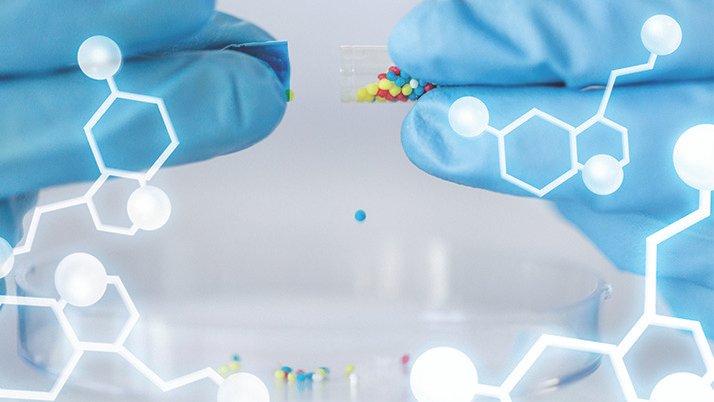
image credit- istock.com
WuXi AppTec has announced its launch of DELight, a novel DNA Encoded Library (DEL) service package, providing cost-effective and efficient hit finding services to expedite early drug discovery and bring new medicines to patients faster.
DELight is WuXi DEL's self-serve product that gives researchers direct access to a collection of more than eight billion compounds. Through the DELight service package, WuXi will provide a DNA Encoded Library kit and a user manual/protocols document to the research organization. Upon receipt of the kit, the researcher will perform affinity selection according to the protocol and return the sample to WuXi. WuXi then completes analysis such as PCR amplification, qPCR determination, purification and NGS (Next Generation Sequencing). A summary report (excluding structural and DNA sequence information) will be provided back to the researcher, who will make informed decision on follow up actions based on the selection results.
Compared to traditional DEL services, DELight is a more convenient, efficient and economical service package, allowing researchers to perform their own affinity selection with minimum assay development and without disclosing target information.
"The launch of DELight can further enhance the application and development of DEL technology in the new drug discovery industry and provide strong technical support for customers to accelerate early drug discovery," said Xuanjia Peng, head of the WuXi DEL team. "DELight offers innovators and entrepreneurs an affordable and instant access to advanced DEL technology that can improve the productivity of new drug discovery and bring new medicines to patients faster."
The WuXi DEL platform now features 90 billion unique molecules covering major medicinal-chemically preferred cores, most of which are self-designed and custom-synthesized, making these libraries structurally diverse and chemically exclusive. Through evolutionary screening, the unique drug-like libraries expand the accessible number of drug candidates, leading to better and faster development of new medicines. So far, various targets from different classes have been screened and multiple nanomolar hits have been identified.




